"Samos has turned into a ghost island due to the media, not due to the refugees" the locals on the island of Samos told me. Last year's news has been full of reports about refugee drownings in the Meditterean Sea and a lot of this news focused on the situation on the Greek islands. The Greek islands are only a short-distance from Turkey and are probably one of the easiest crossings from Turkey into the Europian Union. The island of Samos is the closest one, located three kilometers offshore the west coast of Turkey. Last summer I visited the island, took quite some nice photos and heard interesting stories I'd like to share with you!
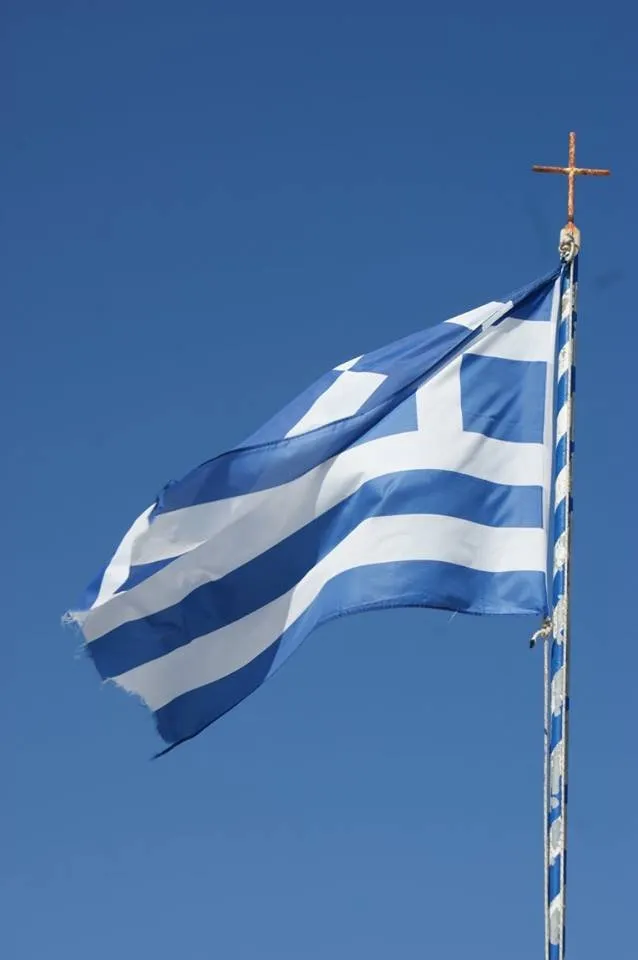
Photo: photo of a Greek flag in Kambos Bay
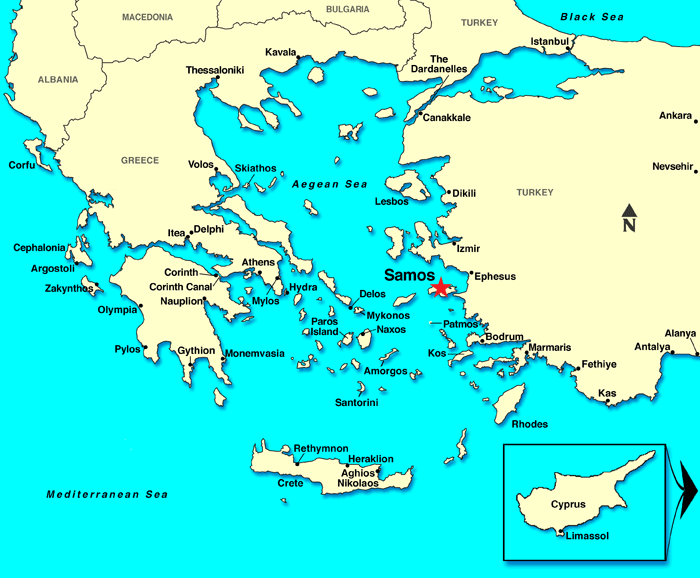
Photo: location of Samos on the map
Last summer, every single time when I told my friends I was going to visit Samos they started to laugh at me. Most of the time a typical reaction like a "Good luck with that", "Volunteering?" or: "Won't you be bothered by the refugees?" followed. We were a bit pessimistic before we arrived in Samos. Despite the fact that I think this whole refugee thing is terrific, I wasn't up to be confrontated with it during my holidays. I mean, it would be quite a confrontation to see refugees arriving on the island when you are chilling in the sun with a cocktail, right?
But the locals told us that barely any refugee is still arriving on the shores of Samos. The refugee flows are well managed by the Turkish government. New refugees are being registered and guided on their way to Europe (Greece) to avoid further drownings. The refugee flow has reduced by 90% and nowadays the situation is stable.
"The Turkey deal did slow the flow of migrants to roughly 40 arriving in Samos each week, down from 4,000 a week at the peak of the crisis in September and October 2015, but the asylum system has not been able to process the claims as quickly as the commission had hoped, and very few people have actually been returned to Turkey." source (click here)
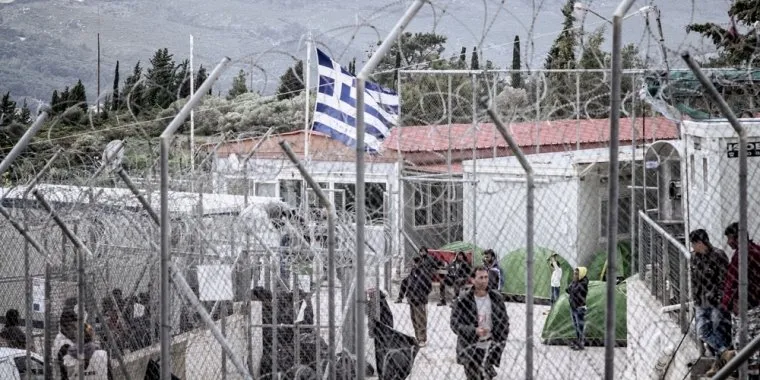
Photo: Refugee camp in Samos City
Most refugees are being divided over different countries and one-third of them are children. The Greek islanders have fully supported and aided to solve the refugee crisis. They have collected money, clothing and food. The situation is considered to be stable. I was a bit worried at first, and unfortunately, that's the way many other tourists think. The impacts of this attitude have been disastrous to the islanders whom mainly depend on the touristic sector.
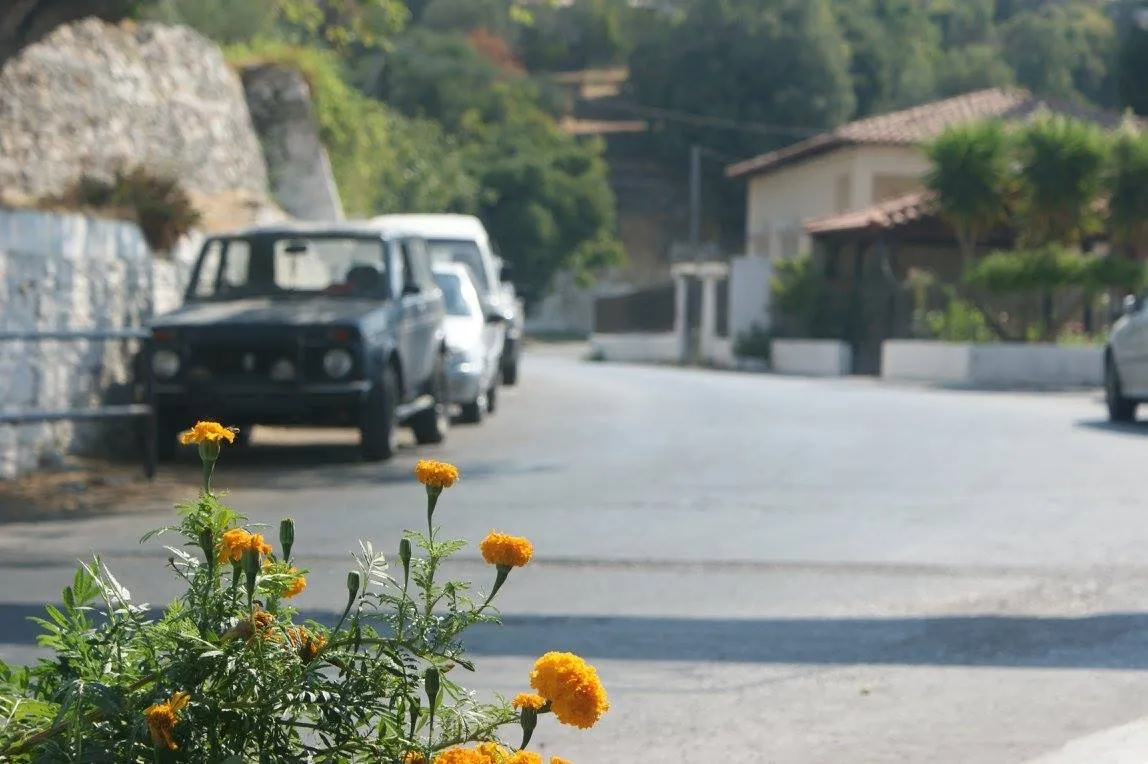
Photo: empty street in Pirgos, Samos.
As we said down and had our Greek lunch at one of the local restaurants one of the restaurant owners told us: "Samos mainly suffers a decrease of tourists from the Netherlands, UK, Belgium and Germany. Scandinavians and Italians are still visiting because their media has been less focused on the news and situation in Samos." She also said that the media has turned Samos into a ghost town. Most restaurants, appartments and bars on Samos now attract less than half as many tourists in comparison to previous years. The peculiar thing is how most people on the island blame the media for the actual reduction of visitors to the island.
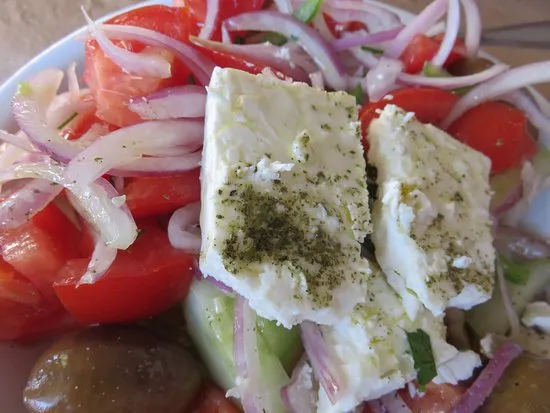
Photo: Greek Salad for lunch at the local restaurant
From my own perspective, a visit to Samos is more than worth it, especially nowadays. The refugee situation is stable and even imperceptible and the decreased tourism has led to a decrease in prices for accomodation, meals and other touristic activities.
After all, I believe it's especially a good thing to visit and support the locals! Often, people are rather not confronted with a situation like the refugee crisis. I'd advice anyone to go to these islands because it's totally worth it!

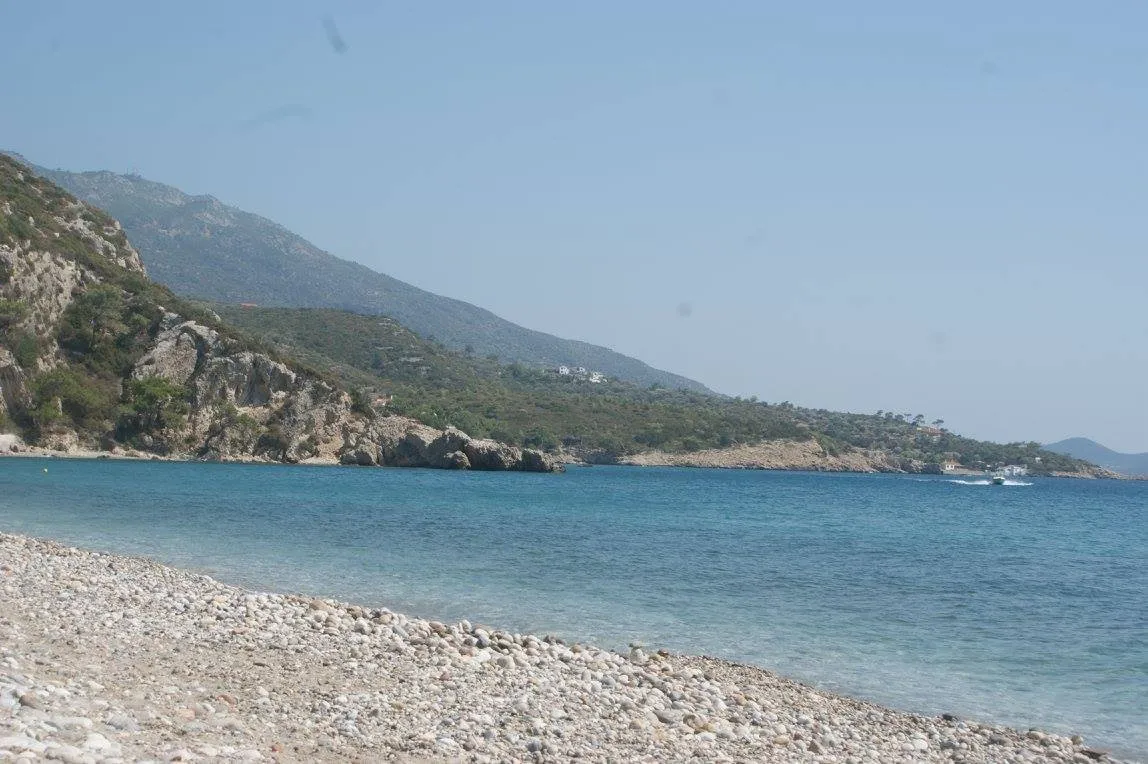
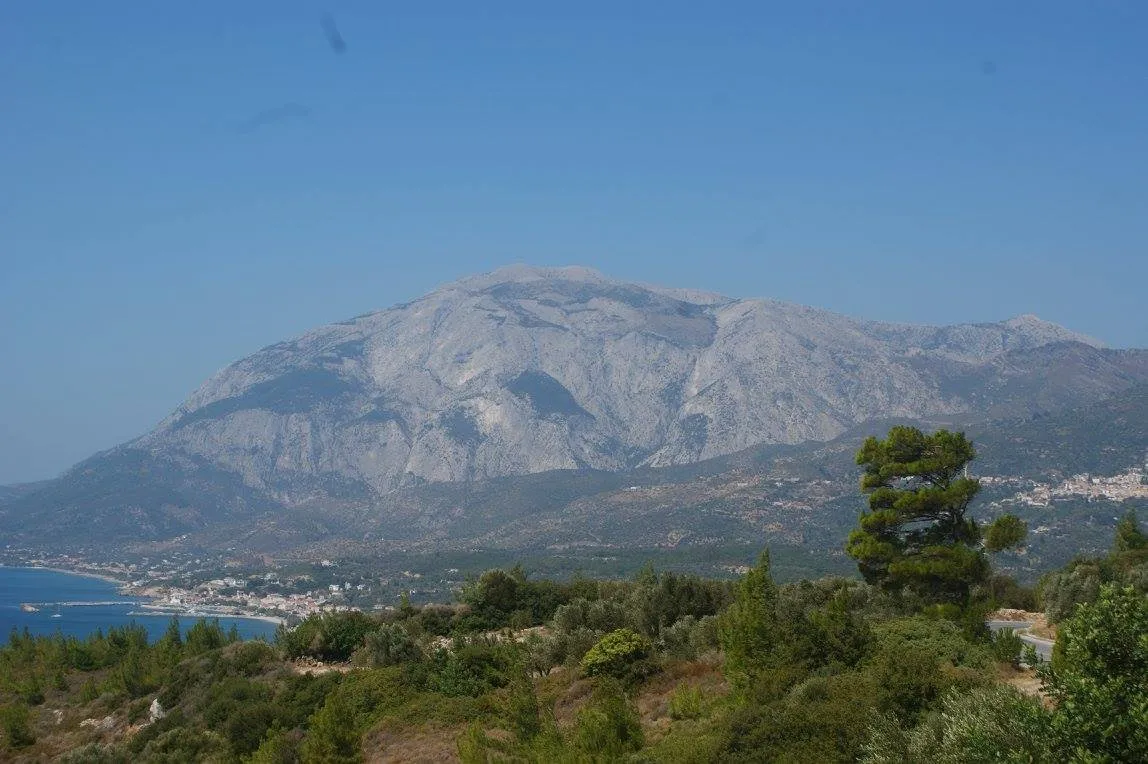
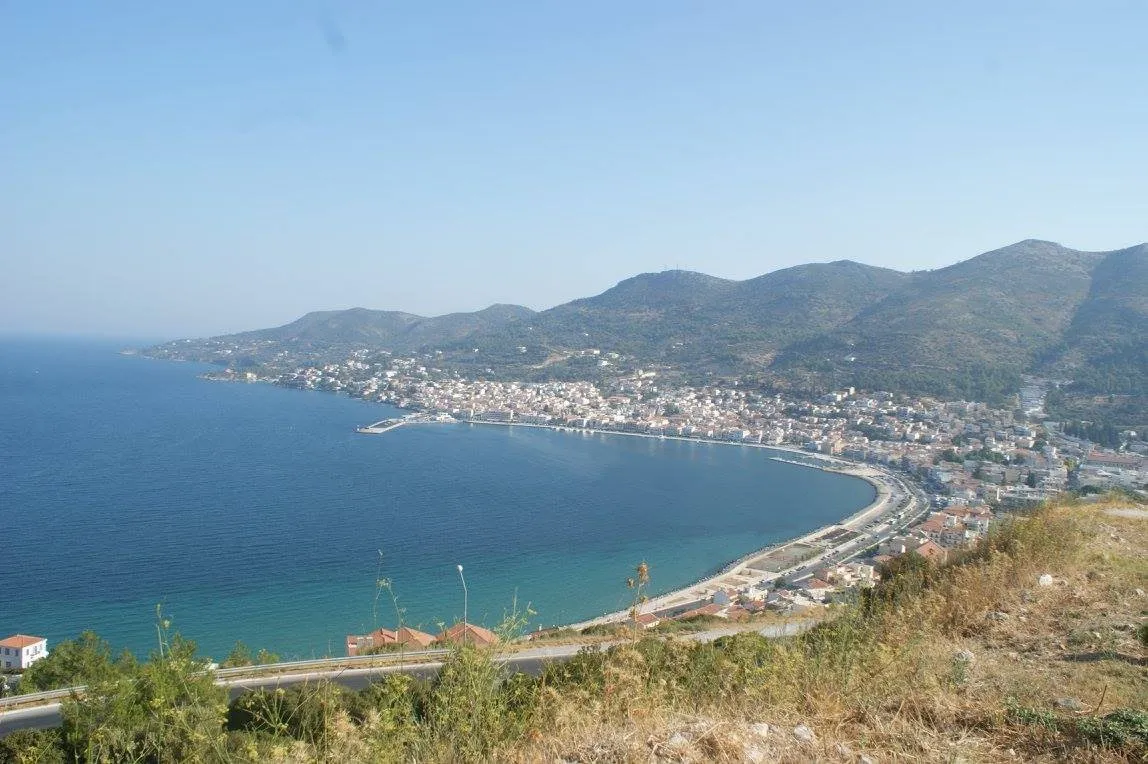
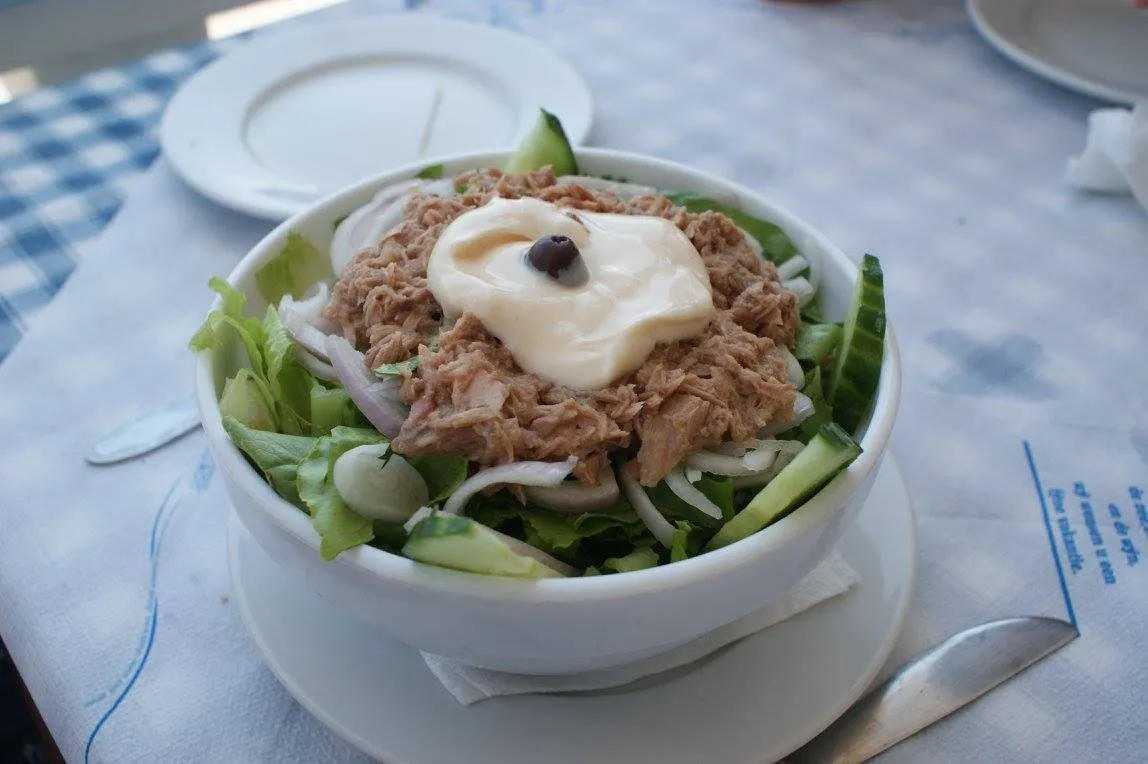
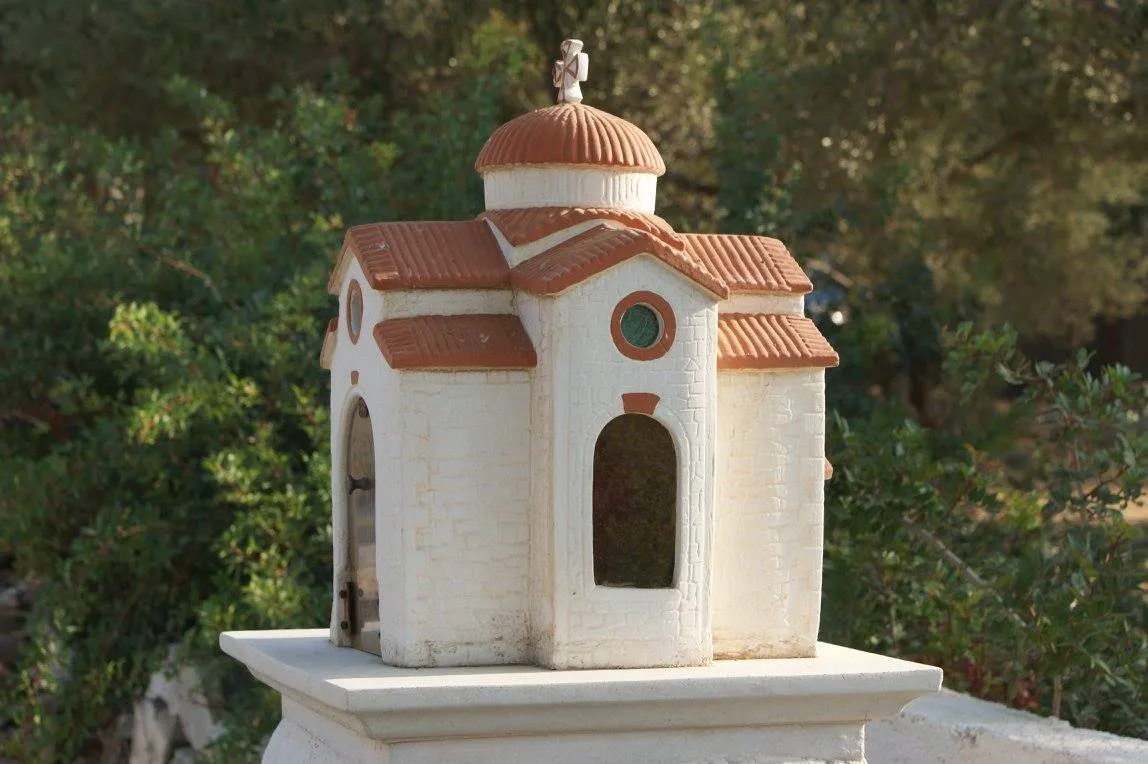
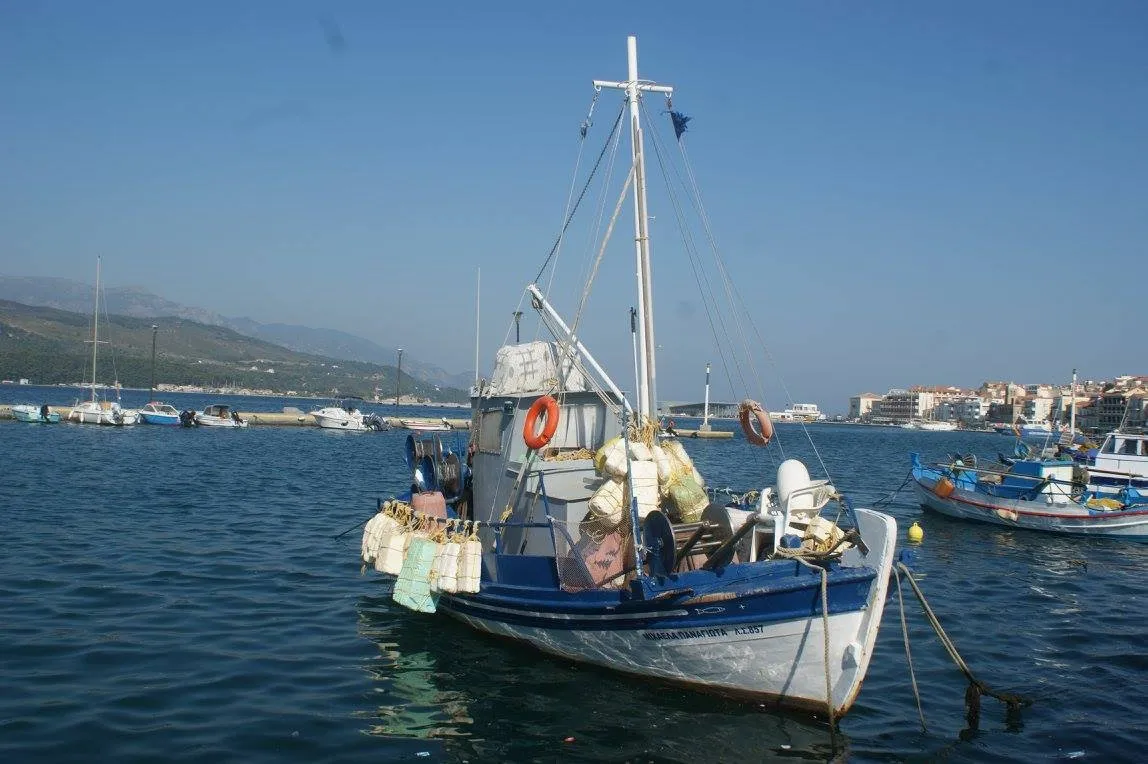
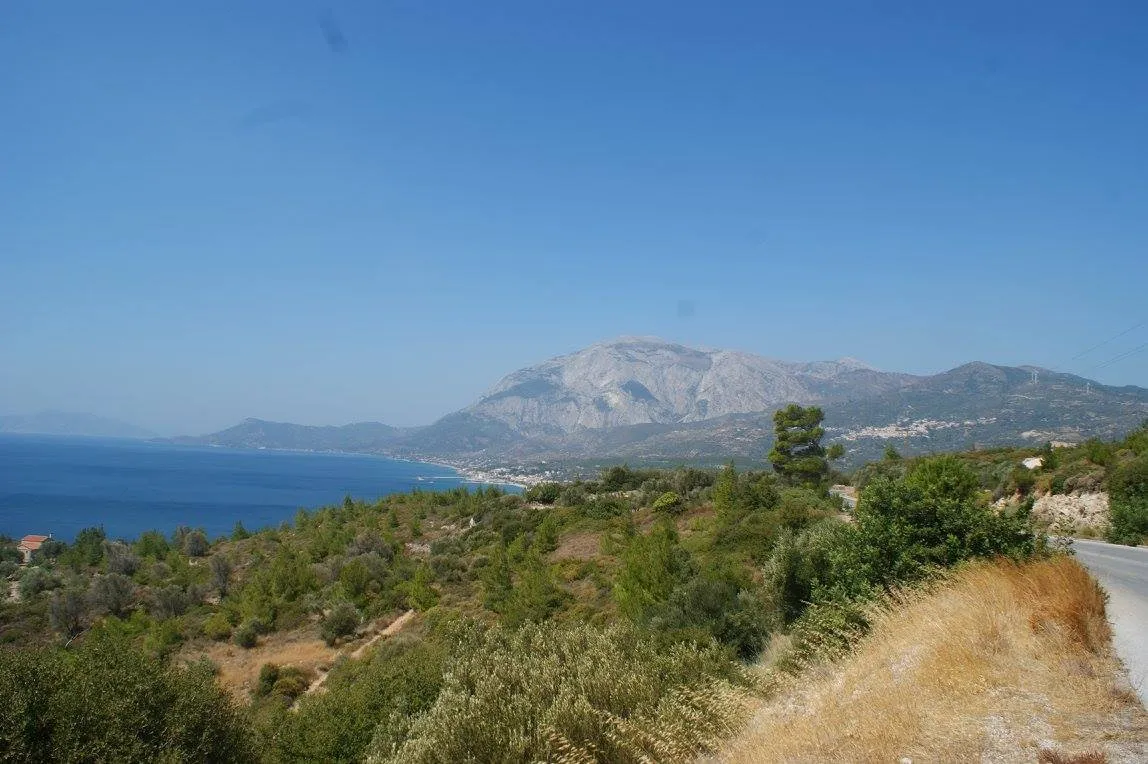
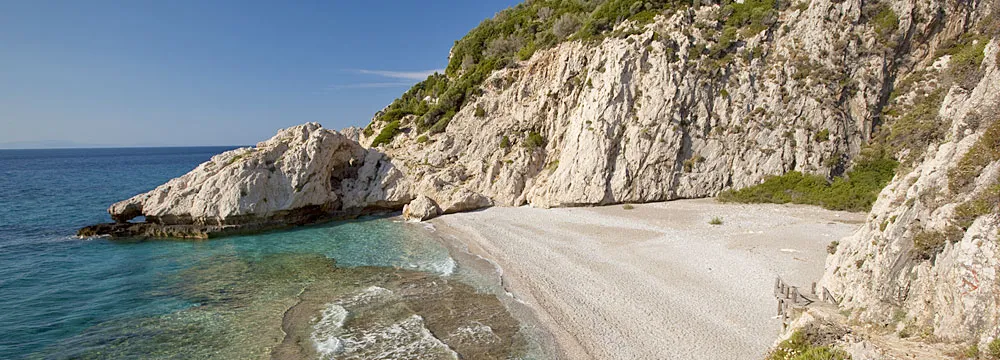
Read my previous travel story here: Travel Story #6, Climbing Mount Kinabalu, Borneo, Malaysia, World's Mysterious Monkey Faced Summit! by chrisadventures